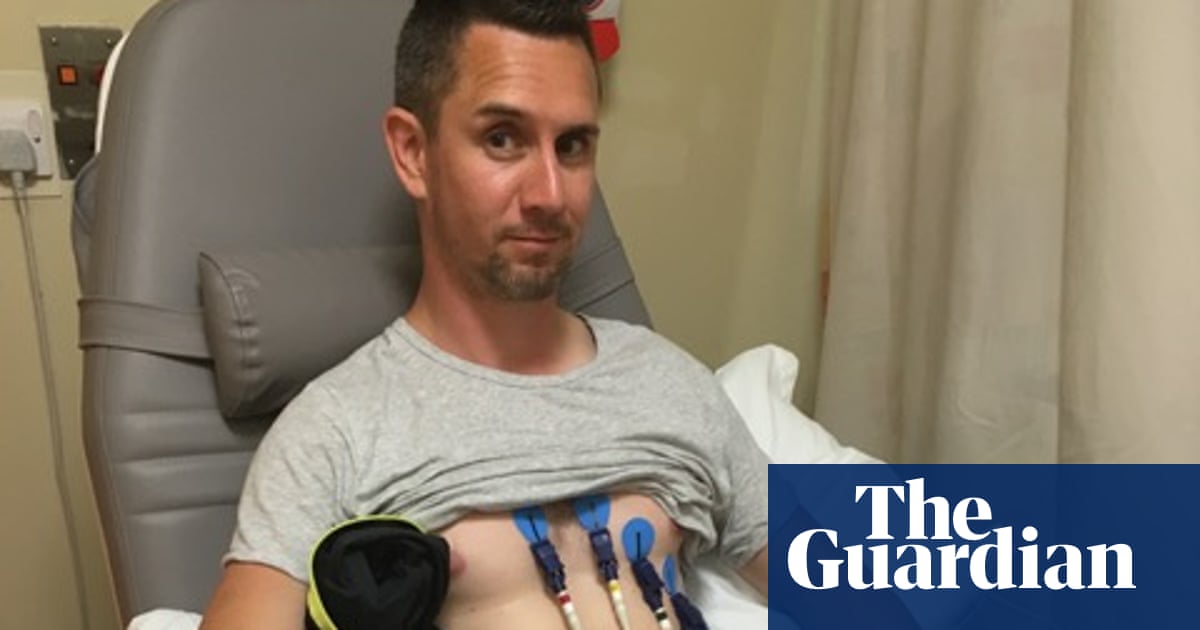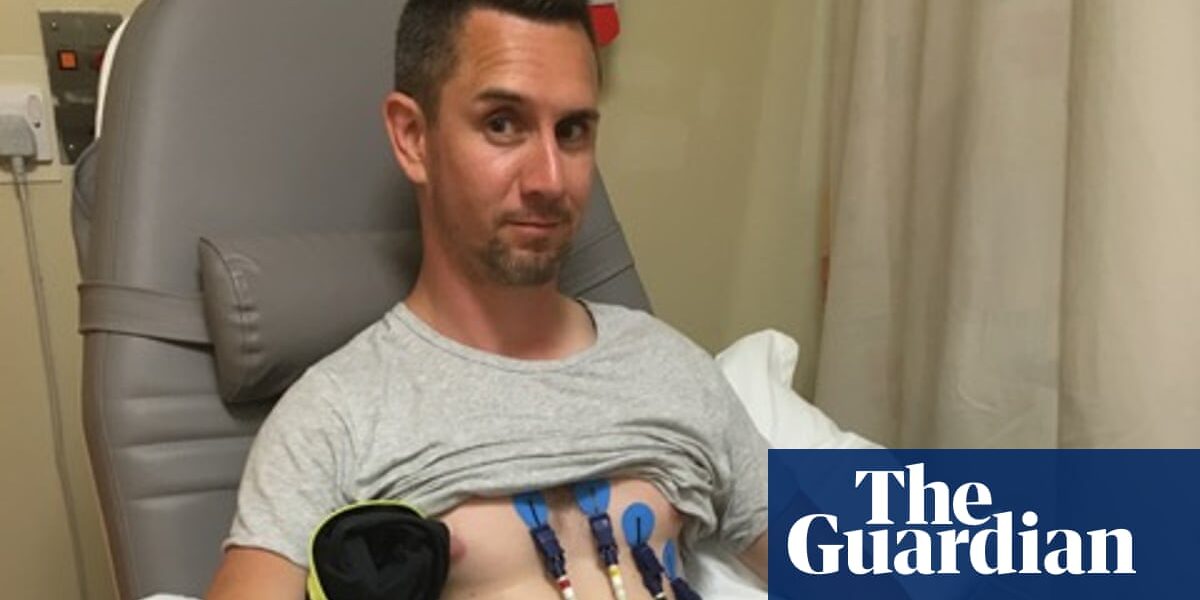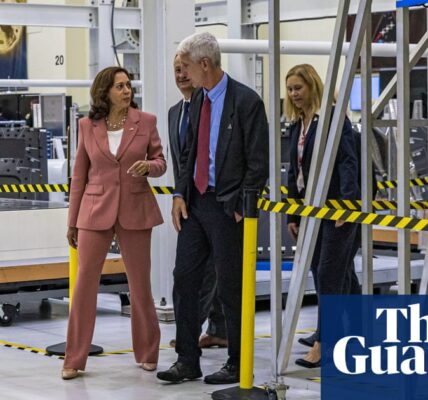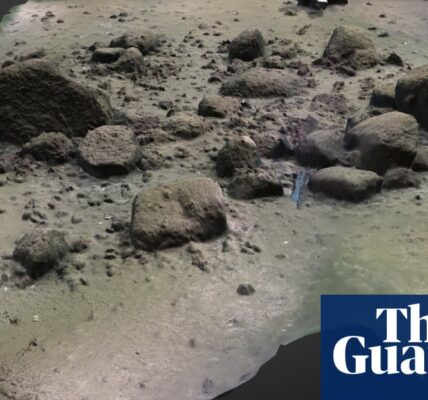
P
In the 1990s, Pete McCleave initially learned about stem cells while studying science. However, he was not aware of their potential uses at that time. Years later, when McCleave was diagnosed with myeloma blood cancer, he encountered stem cells again, but this time, he needed them for a life-saving treatment.
“He informed me that the only realistic possibility of extending my lifespan beyond the seven years I was initially given would be to find a suitable stem cell donor,” he recalls. His doctor had assured him that due to his white-European heritage, finding a match would be simple. However, nearly eight years have passed and he is still in search of a donor.
“I may not appear to be it, but my family hails from Macau in South-East Asia,” he explains. “My heritage is a blend of Chinese, Portuguese, Irish, and English, making it a challenge to find a compatible stem cell donor. I am representative of countless individuals from diverse backgrounds who struggle to find a suitable match,” he adds.
Every year, 40% of individuals in the UK are unable to receive the necessary stem cell transplant due to the lack of a suitable match. For those who do not have white European heritage, the search for a match is significantly more difficult, resulting in many deaths while waiting. According to the organization Anthony Nolan, people from ethnic minority backgrounds only have a 37% chance of finding a matching donor on the stem cell register, compared to 72% for those from white European backgrounds.
If one has a blended background, similar to McCleave, the likelihood is even lower.
Relatives are often unable to provide assistance, as the probability of a parent being a match is approximately 30%, and a sibling’s likelihood is only 25%. In the rare event of a match, it is more likely to come from a non-relative donor, relying on the kindness of a stranger. However, with only 3% of the UK population registered as donors, the chances of finding a suitable match are not favorable for many individuals.
According to Michael Gallagher, a media officer at the blood cancer charity DKMS, a contributing factor to the decreased availability of matches for individuals from ethnic minority backgrounds is the lower frequency of their human leukocyte antigens (HLA) types.
HLA molecules reside on the exterior of the majority of cells in the human body. They play a vital role in aiding the immune system in distinguishing between external substances and internal tissues. If two individuals have a compatible HLA type, they share enough similarity for a successful donation to occur.
Even if the stem cell registry reflected the overall UK population, individuals from minority ethnic groups may face challenges in finding a fully matched donor due to the genetic diversity within these communities.
When Helen and Arun Kumar’s daughter Elsie, who has Down’s syndrome, was diagnosed with myeloid leukemia at 18 months old, her parents were devastated. Kumar expresses that for parents, the word cancer is incredibly frightening.
Medical professionals cautioned that in the event of a relapse, Elsie’s options would be limited without a stem cell donor who matched almost perfectly. However, due to Elsie’s mixed background, they informed her that this was highly unlikely. “I recall collapsing onto the bed in tears and feeling like it was the end for us.”
Elsie did relapse, but luckily, a match was found in America. With a sceptical all-clear from consultants, her parents decided to press ahead. “Since then she’s just thrived, absolutely thrived … she’s a joy, just a really happy child,” Kumar says. “This person has saved our daughter’s life and given us a chance to be a family.”
Some communities may have a negative perception of donating due to past mistreatment by medical professionals. According to Gallagher, individuals from African and Caribbean backgrounds may have experienced exploitation and unauthorized experimentation, leading to a reasonable fear and lack of trust.
Sabrina Jarrett, the national development manager of the African Caribbean Leukaemia Trust (ACLT), explains that this aligns with the beliefs and misunderstandings that the organization aims to address through education and providing information. Individuals often question, “will I acquire any illnesses by donating? Is it a painful process?” These are all incorrect assumptions.
There may be economic factors that affect the number of available donors. Jarrett emphasized the importance of financial stability for accessing healthcare, considering family and work responsibilities and transportation.
In 2018, McCleave initiated the 10,000 Donors campaign with the goal of increasing registration. Within five months, the campaign exceeded its target. McCleave reports, “Currently, we have over 110,000 registered individuals and have successfully found 21 matches for patients, which is a remarkable achievement.” He adds, “Personally, I am not relying on finding a stem cell match for myself as the odds are very slim, but I am content with that.”
Source: theguardian.com




